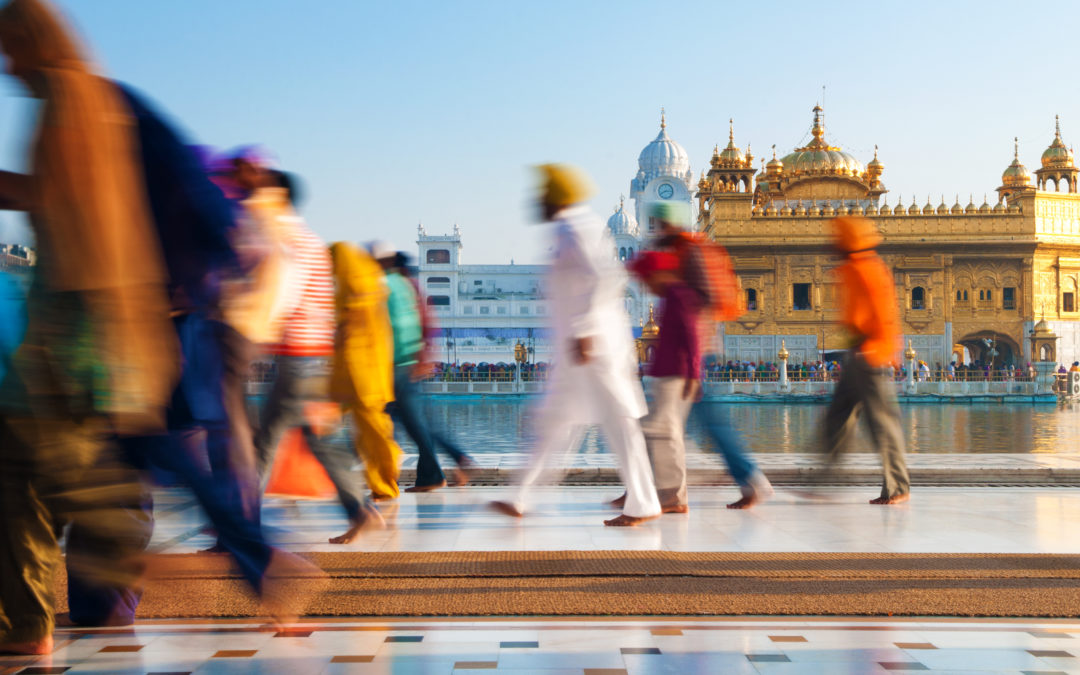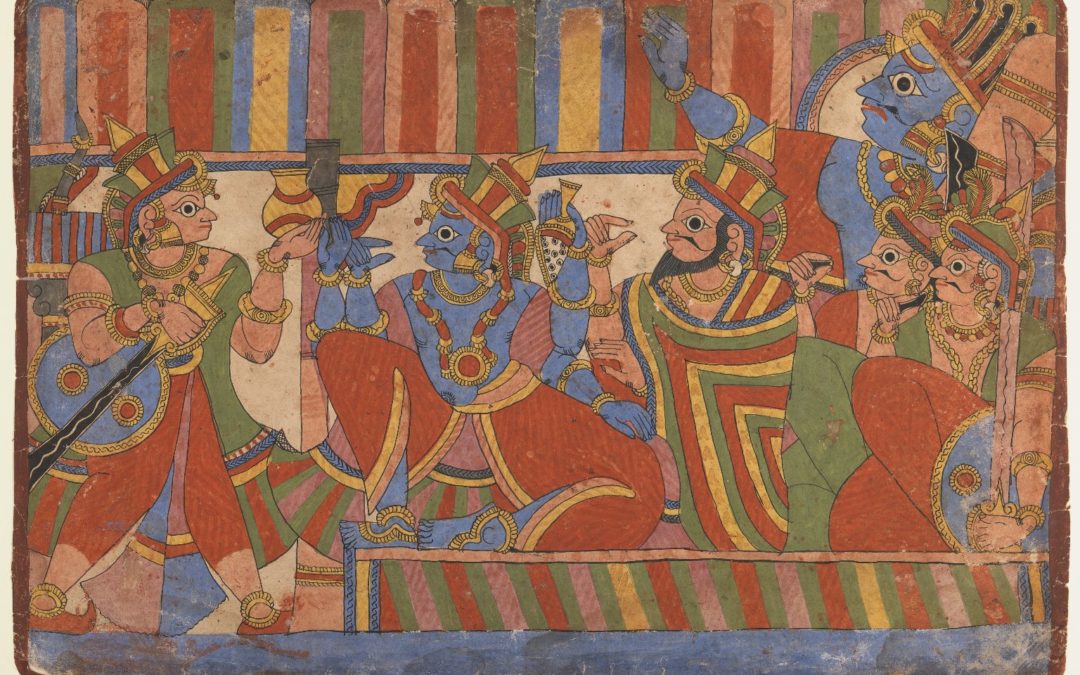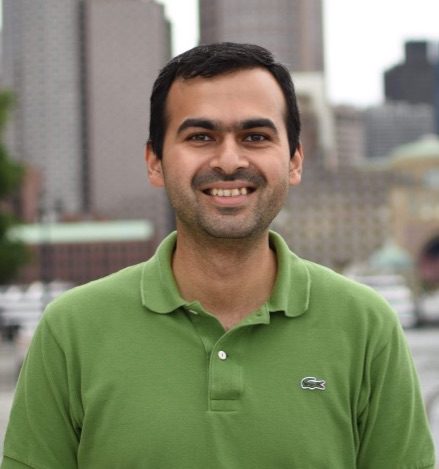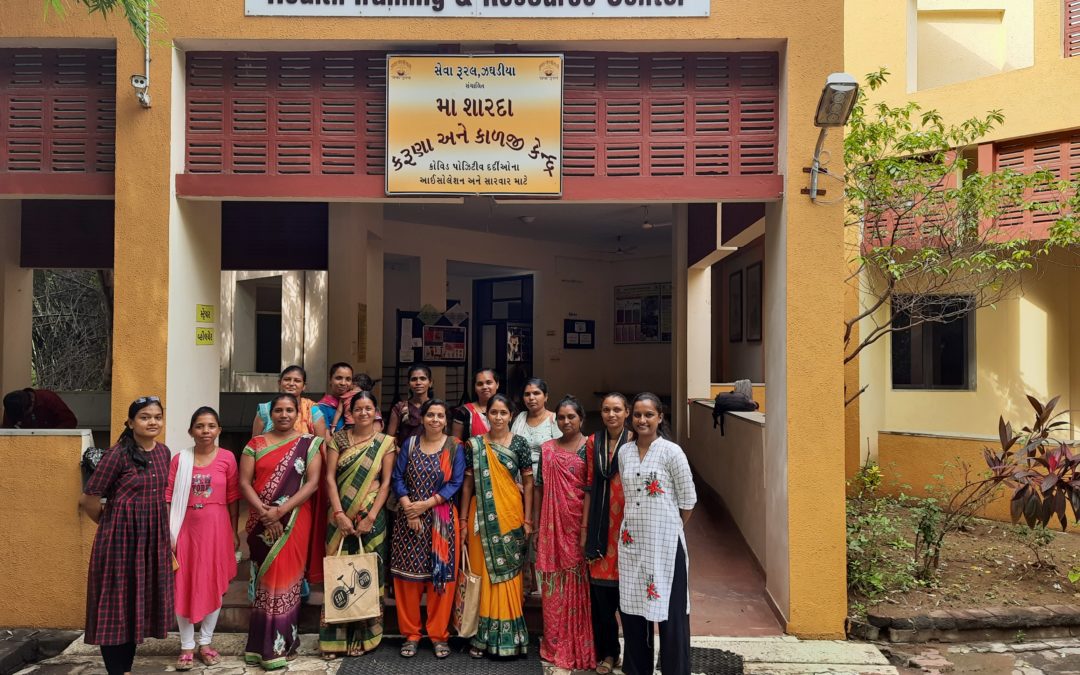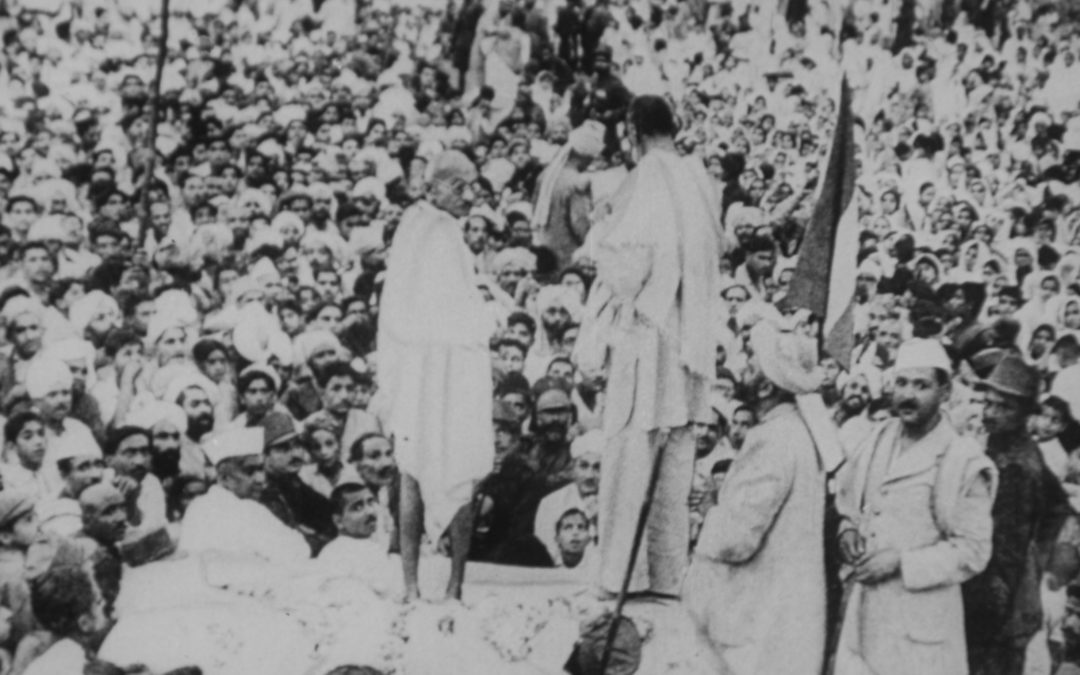The Kinetic City: Professor Rahul Mehrotra Releases New Book

Rahul Mehrotra—practicing architect, urban designer, and educator—recently released a new book, entitled “The Kinetic City & Other Essays.” The book presents Rahul’s writings over the last thirty years and illustrates his long-term engagement with and analysis of urbanism in India.

